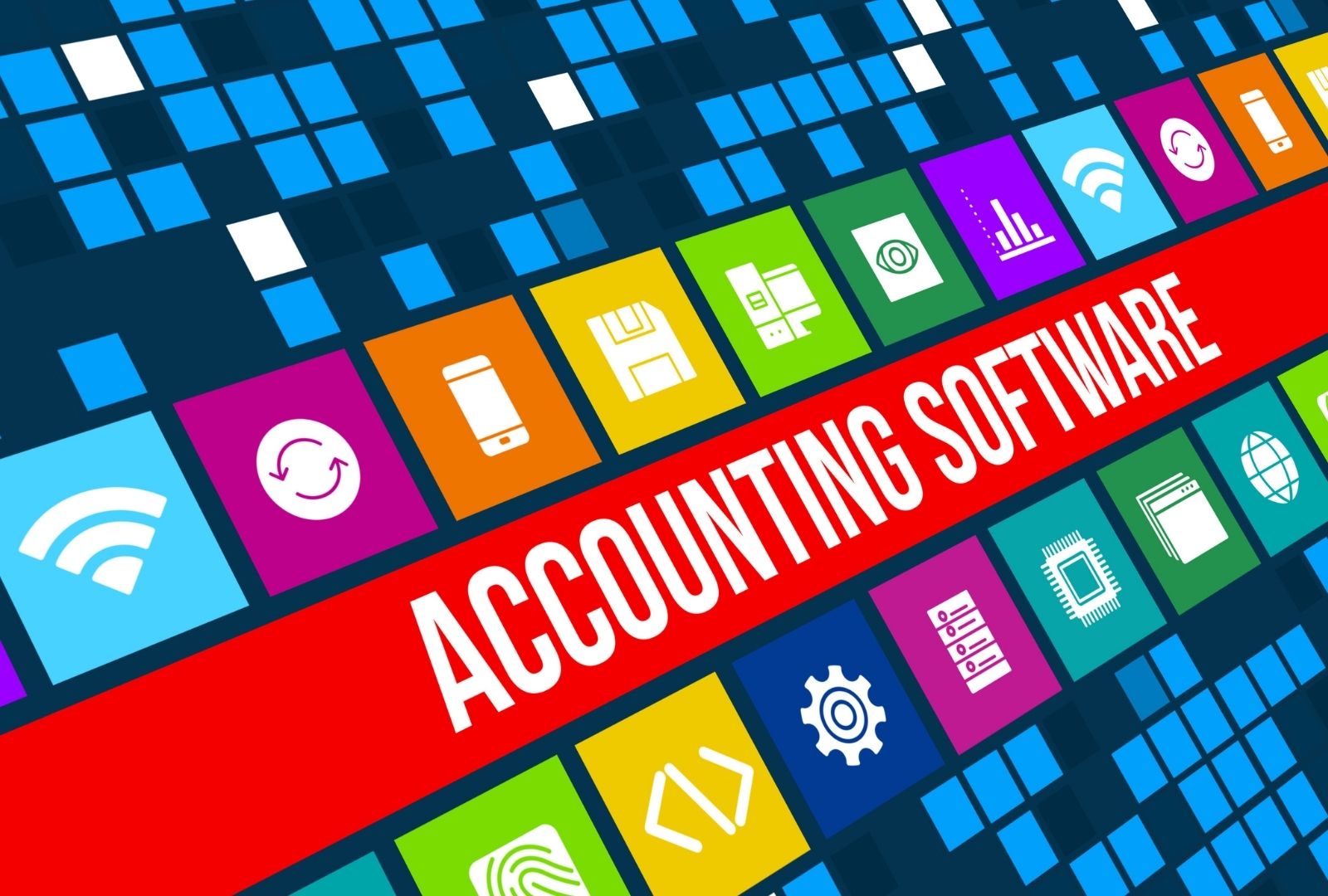Accounting software has become a critical resource for every industry and business type. As businesses look to deliver faster service and manage operations more effectively, financial management has to be aligned.
Companies that aren’t equipped with strong cloud-based accounting software will be less competitive in their respective industries. This article will examine why this is the case and provide input on some essential program features that allow your accounting to truly help your organization stay on track.
Why do you need accounting software?
Any business, whether nonprofit or for-profit; startup; small; or enterprise-level, relies on financial management to fund the organization. Strong accounting and expense management is essential for vertical growth and much more. Using accounting software helps you conserve your resources while also helping you develop more effectively. Let’s break down some core benefits.
Increased Efficiency
Depending on the cloud-based accounting tool that you choose, your day-to-day accounting will require far less manual input and calculations than if you were to try and work without specialized accounting software. This gives you and your staff more time to focus on the bigger issues!
Cost Savings
With less work demand, you save a lot of time managing the books and are also better equipped to visualize how your company handles expenses. Having precise answers to cash flow lets you pinpoint where you can reduce costs.
More Accurate Accounting
Relying on multiple spreadsheets and constantly updating the books manually can be dangerous. Not only does this drain time, it opens your business up to the possibility of significant financial mistakes. Accounting solutions that emphasize automation help you maintain more accurate records without the hassle of constant accounting updates.
Stronger Strategies
Modern accounting software helps you capture the data you need to succeed. Seeing the return on investment for your company initiatives, projects, products, and investments gives you concrete business performance indicators.
Seeing what generates increasing or decreasing revenue and identifying business costs allows you to pivot your operation to improve and conserve revenue. Your accounting software can also provide financial analysis that helps you prepare for stronger tax strategies and general ways to improve your overall business plan.
Growth
With stronger strategies through clearer accounting, your business is equipped to expand. In order to plan for growth initiatives and take on more customers, you have to be prepared to manage the corresponding debits and credits. Dedicated accounting software lets you track progress to remain on point for sales too.
Security/Peace of Mind
Your finances are yours and your staff’s lifeline. You owe it to your company to keep your financial management not only accurate but also protected. Using cloud-based accounting software ensures your information is protected and stored safely while allowing your staff to access it whenever/wherever they need.
Compliance
Many industries are beholden to financial rules and reporting regulations. Nonprofits and government contractors are among the most noted businesses that need to be able to adopt accounting processes that are both secure and transparent.
Today, this requires accounting technology with special features to achieve compliance. Failure to do so could lead to several repercussions including workflow stalls and even legal penalties. Accounting software lets you meet these requirements in a single spot.
Critical features for accounting software
There are lots of accounting systems on the market, but some are definitely better than others. Shoppers will find that there are common features among the different solutions.
For example, all accounting software will offer financial reporting features, billing and accounts receivable functionalities, and have a type of general ledger. Some will be more specialized for individual industries or have additional functions like payroll. The point is, you need to identify the absolutely critical features you need in an accounting software.
While core product features are important, the most effective accounting tool will have structural features that help you draw value from your accounting itself. Here are some features you absolutely need.
Cloud-based
Most accounting solutions operate on the cloud, giving you total accessibility anytime, anywhere. This also safeguards your information from things like natural disasters because the system doesn’t require an in-house hard drive. If the solution you’re looking at isn’t cloud-enabled, look elsewhere!
Customizable
Accounting is a very precise function, and each individual company will have different methods, calculations, data, and processes to work with. Your accounting software should allow you to customize the system to suit your requirements. Otherwise, you’ll need to keep replacing systems when they can longer adapt to your needs.
Visual
Accounting is very much an exercise in visualizing and interpreting data. Your accounting system should have dashboards and clear reporting. This helps your team work together to use your accounting to stay on track of objectives and plan ahead.
User-friendly
Similar to customizability, you’ll simply want a solution that’s easy to work with. Part of this will be how you can conform the system to your business needs, but you’ll want to look deeper into how easily the layout and tools provide for a smooth user experience.
The longer you struggle to create bills, recognize revenue, or generate a report, the less productive you are. This wastes time and money in addition to aggravating you and your team. When researching your options and looking at product reviews, make sure the accounting software you choose is highly rated for easy-use.
Automation-focused
Automated accounting is a major resource for your business. Be sure the software you select has in-depth ways to deploy automation to your advantage. This helps you have faster, more consistently accurate accounting – that simple!
Detailed Reporting
Every accounting software will provide a range of financial reports like cash flow statements or profit-loss. Out-of-the-box reports are good, and of course seeing specific reports that you need are offered is nice, but make sure that the reporting can be granular in the details.
You should have tools for identifying and tracking specific transaction details. Audit trail is a critical feature for compliance as well. Remember, details are everything in accounting and developing business strategies.
Additionally, look for reporting features that let you develop unique analytics and display options. Custom reporting gives you options to examine whatever financial and business data you need!
Choosing accounting software
Once you understand the features that you need, it’s time to narrow down the options and select a solution that works for your business.
Create requirements
Start listing requirements you need from a new solution – what you need the product to do. Be sure to consider what your accounting will look like in the future, such as how growth will impact your accounting needs.
Ideally, you’ll want a solution that will grow with you and not hold you back. Otherwise, you’ll have to keep upgrading products. To this extent, be sure to shop around, request demos, and, most importantly, look at reviews.
Read reviews
Be sure to read user reports and see how current customers are responding to the individual accounting software. Read customer success stories on the product’s website too. Look for improvements made or issues resolved because of the accounting tool. Independent accounting software reviews are also great resources for your search.
Talk to professional accountants
Working with certified accountants will help you identify your base accounting requirements. Professional accounting groups like Temple Management can also help with the implementation and monitoring of the software you choose.



